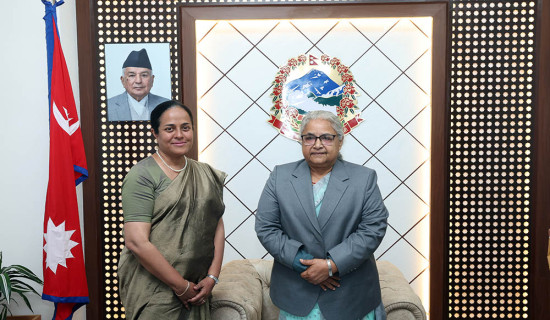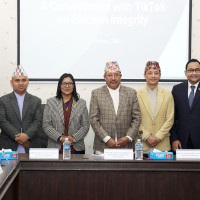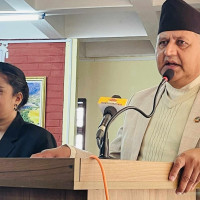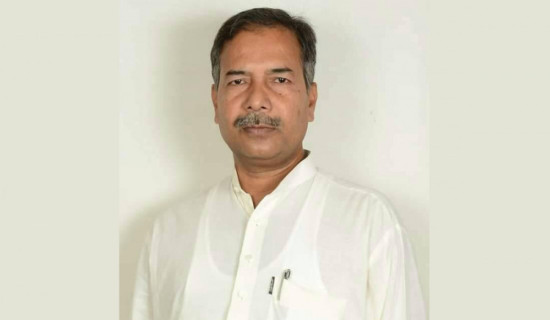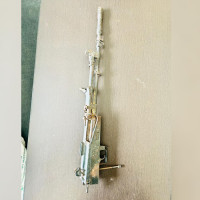- Wednesday, 4 February 2026
Enact Laws In Time
The winter session of House of Representatives (HoR) commenced on Friday (January 31). Known as the ‘Bill session,’ this meeting of the parliament is expected to discuss and endorse scores of pending Bills and newly registered ordinances. The government has tabled six ordinances that seek to amend at least 29 Nepal Acts, with the objective of promoting good governance and effective public service delivery, implementing federalism, and accelerating economic development and land reforms. Amidst the criticisms of opposition parties, the government issued the ordinances by withdrawing the related Bills under consideration in the various House Committees. As the Bills failed to get through the parliament even after months of discussions, the ordinances were unveiled to address the immediate needs of the country.
The country has to enact vital laws associated with civil service, provincial police and distributions of natural resources among the three-tier government. Two election cycles have already been completed since the promulgation of new constitution but the necessary Bills required for the effective implementation of federalism are still pending in the parliament. This is a reason why the government felt the necessity to introduce the ordinances, although the coalition government comprising CPN-UML and Nepali Congress hold around two-thirds majority in the parliament. It has also become imperative for it to set the deadline for approving the Bills once they are tabled in the people's elected body. Speaking at the opening meeting of the House, Prime Minister KP Sharma Oli urged the political parties to finalise the Bills in 60 days of their registration like the ordinances that are either substituted or annulled in the 60 days of the start of the parliamentary session.
PM Oli also called for devising laws targeting the specific projects as same legal framework for both small and large-scale projects hampers efficiency. Assuring that the government will give business to the House, the PM said it should approve Bills in time. In a functional democracy, three branches of the state – executive, legislative and judiciary – have an important role in the national development, and PM Oli noted that separation of powers should not lead to competition among them but a 'cooperation of power.' Another important aspect of PM's remarks was his commitment to the statute amendment. Almost one decade has gone by since the promulgation of the new constitution, and the present coalition government has formed an internal study taskforce comprising experts and leaders from the two ruling parties for the comprehensive review of the charter.
The PM said that the panel would first identity the issues that need revision through discussions with various parties and it would forge a common understanding on the settled subjects and the remaining issues would be further debated. A seven-point agreement, inked by the NC and UML prior to the formation of the present government, has sought a revisit to the statute, which requires broadest possible consensus on the issues in question. Expectations are high that the ongoing winter session will be able to endorse crucial Bills that give a boost to the governance, economic progress and order. What is more important is the meaningful deliberations on the proposed Bills and ordinances. The lawmakers should rise above the partisan lines and get engaged in discussing the Bills based on their merit and drawbacks. The constructive dialogue must be pursued in framing laws so that the new legislations will enable to protect national interest and spur all-round development of the country.



